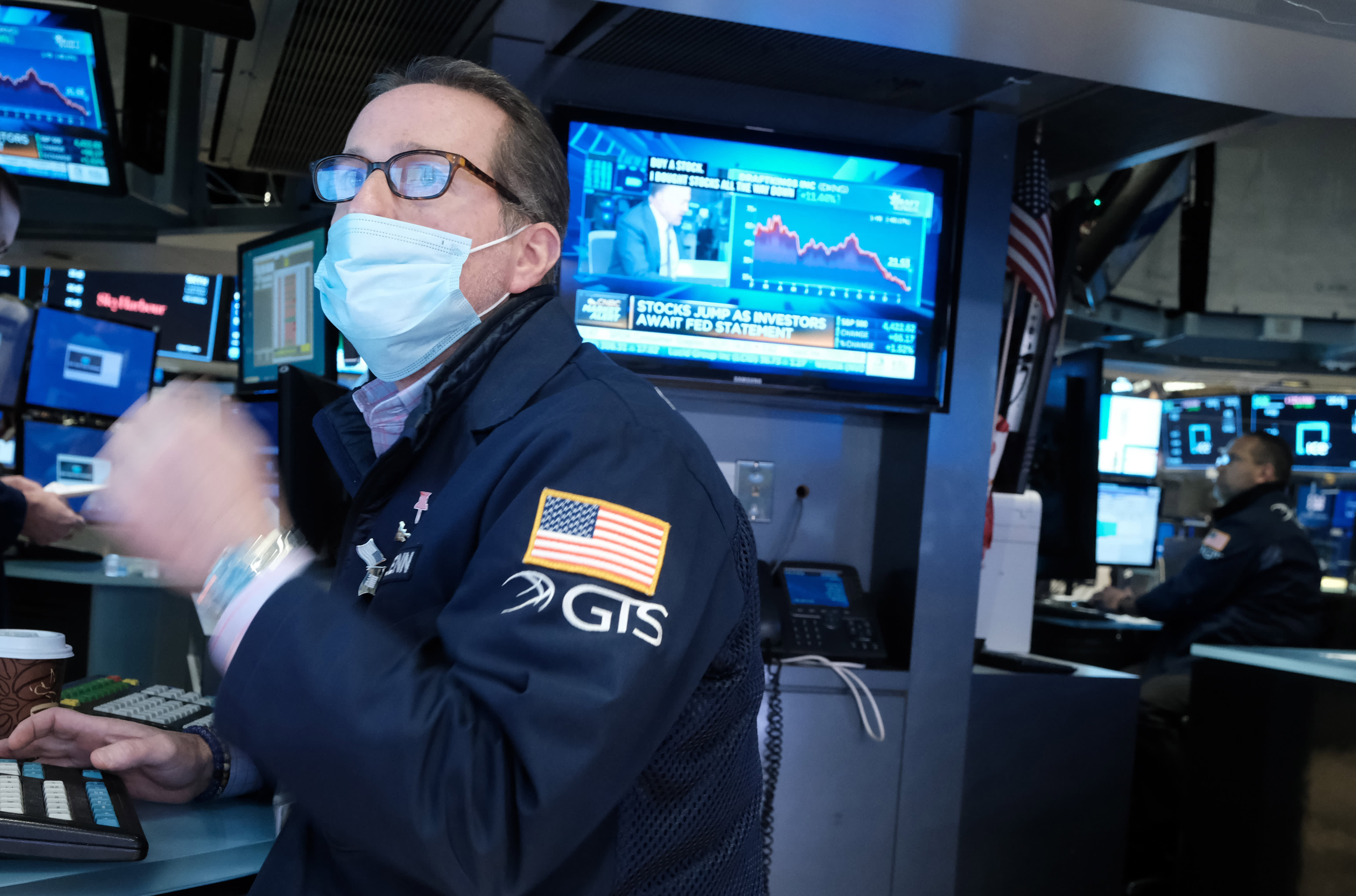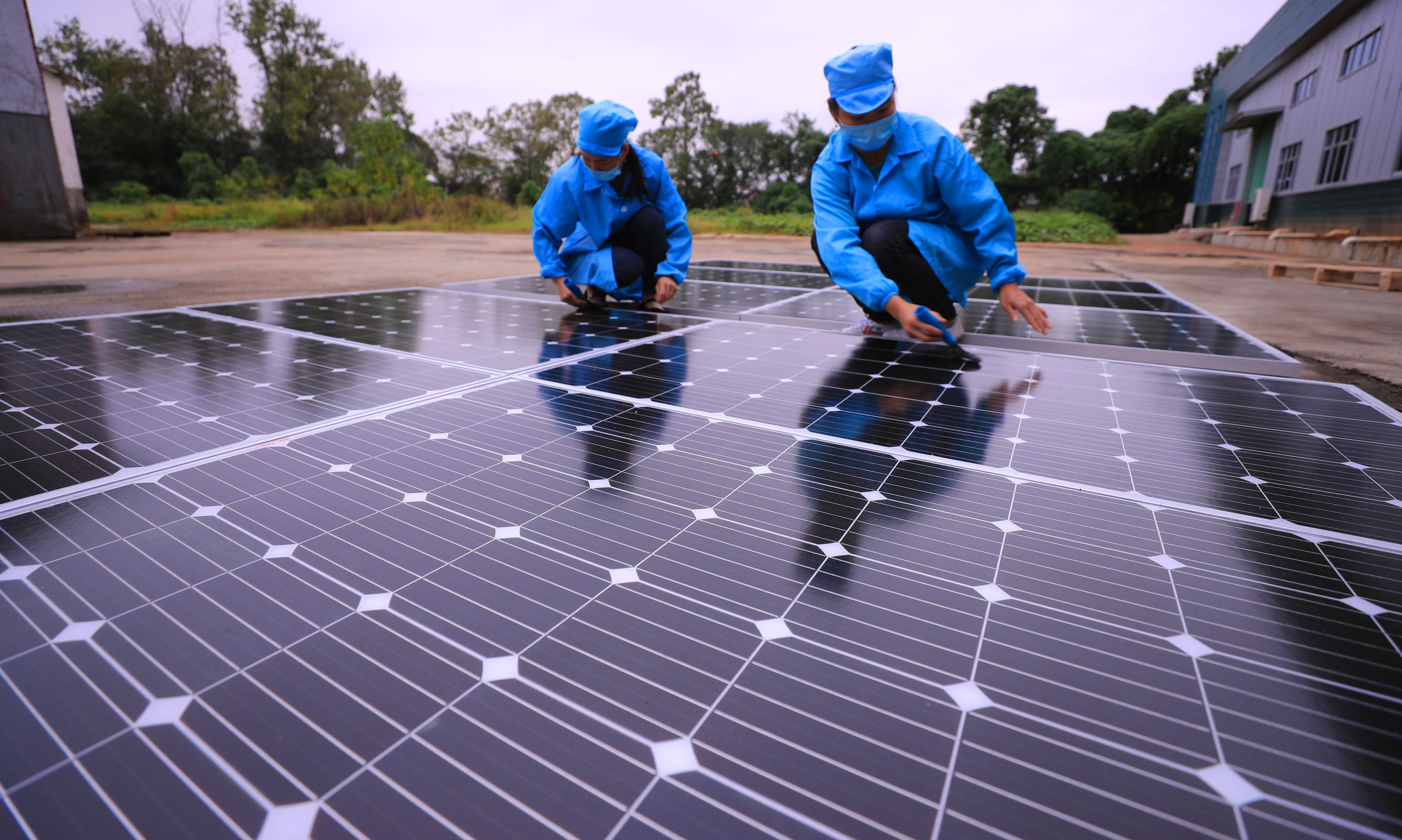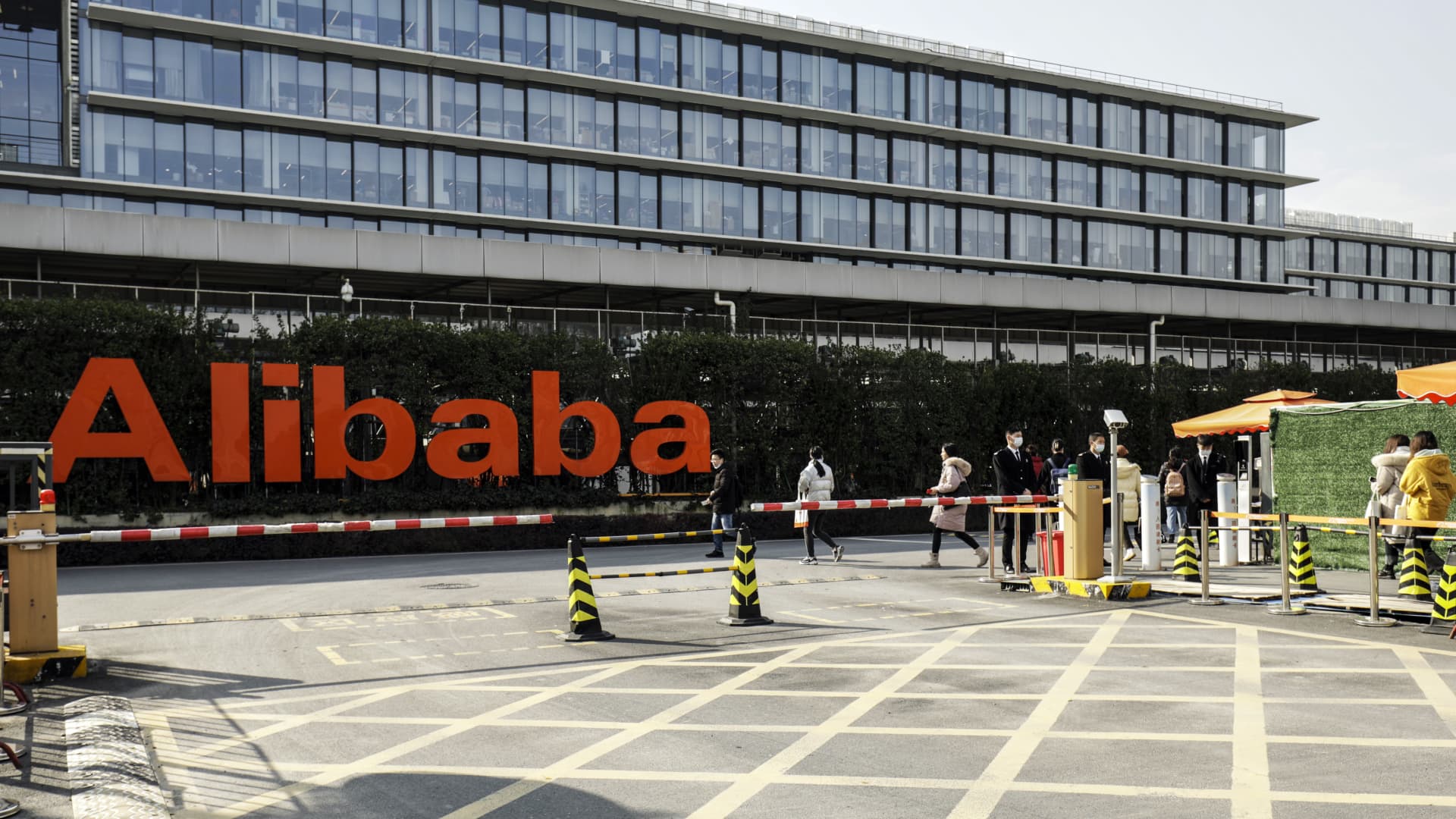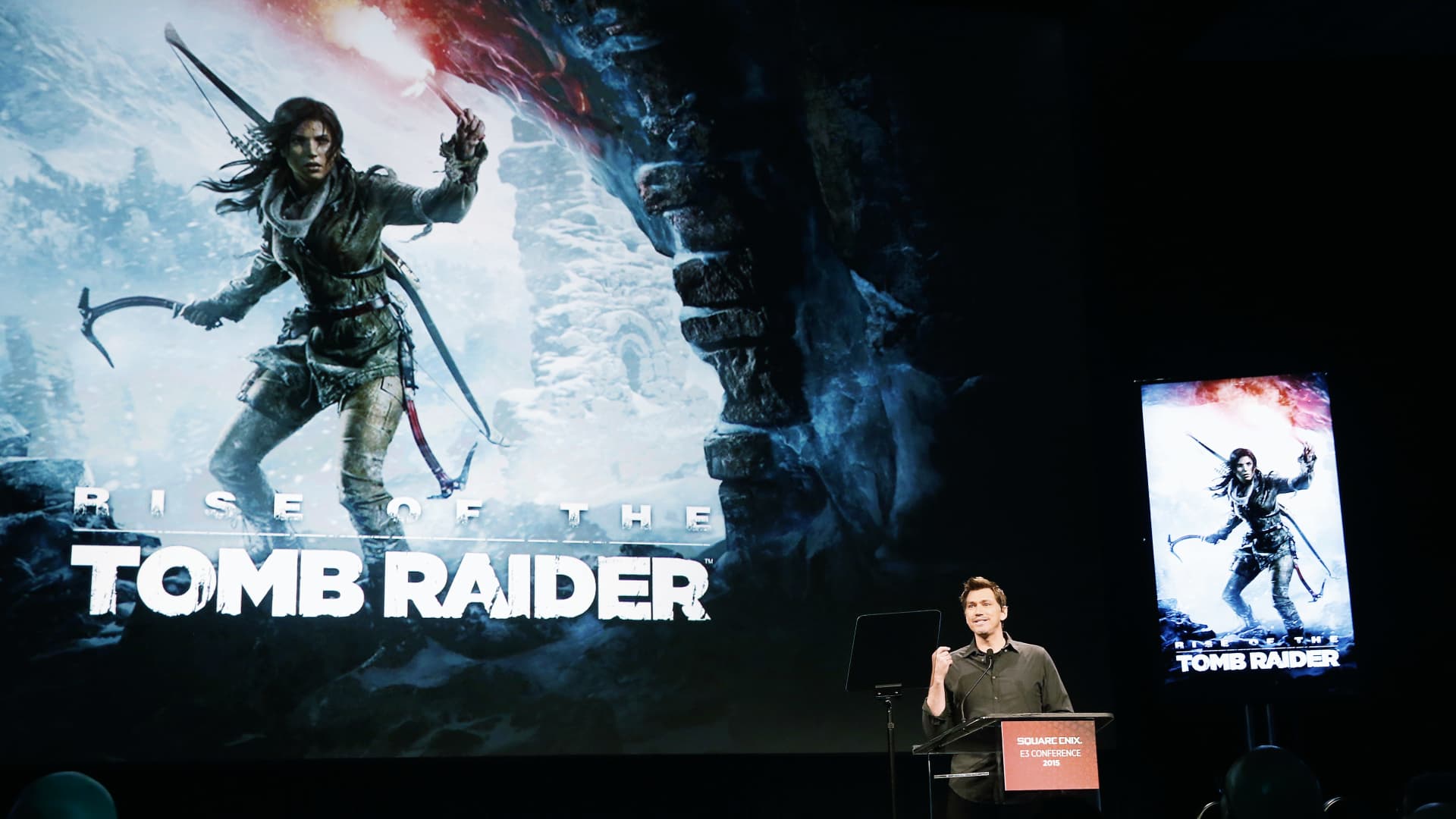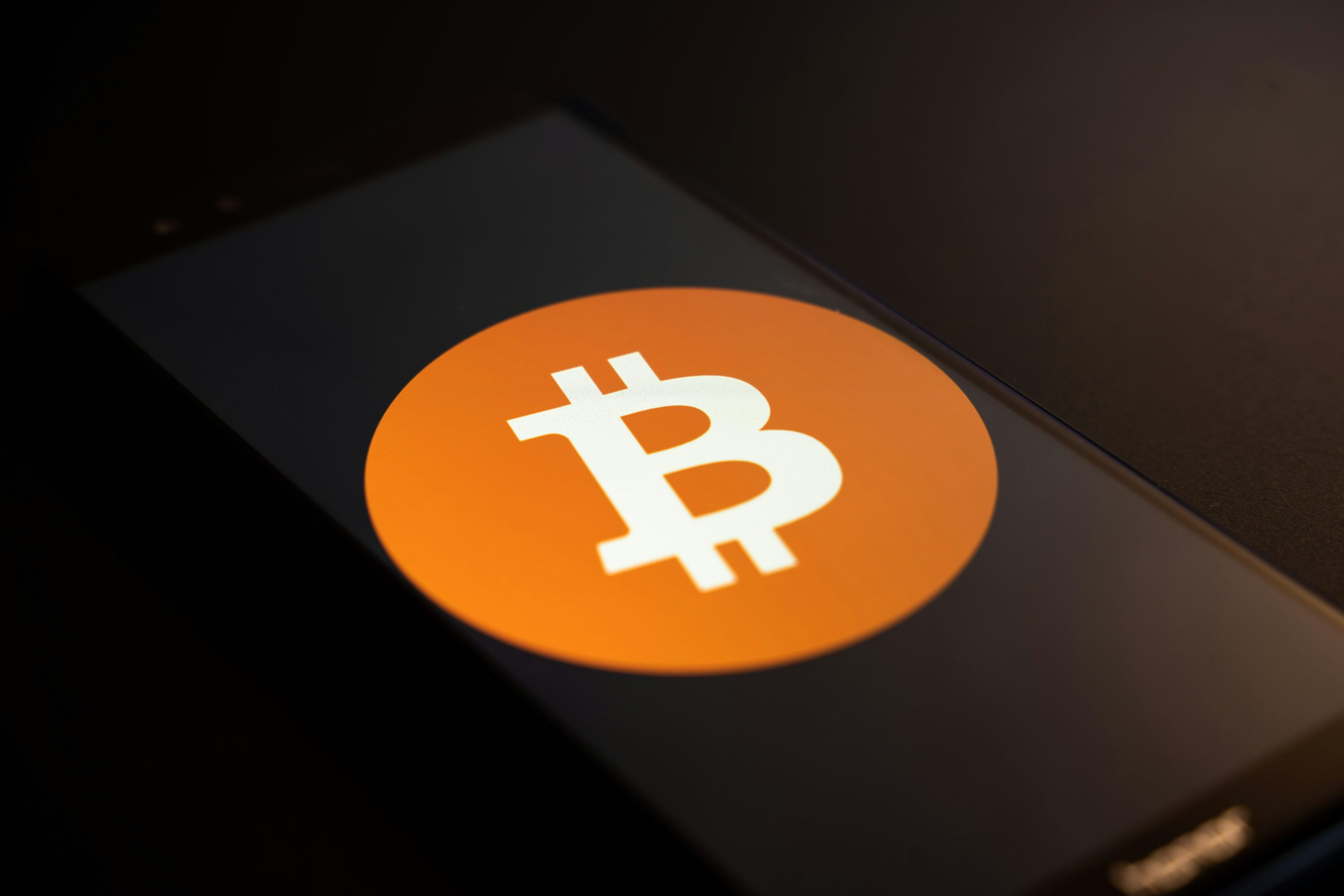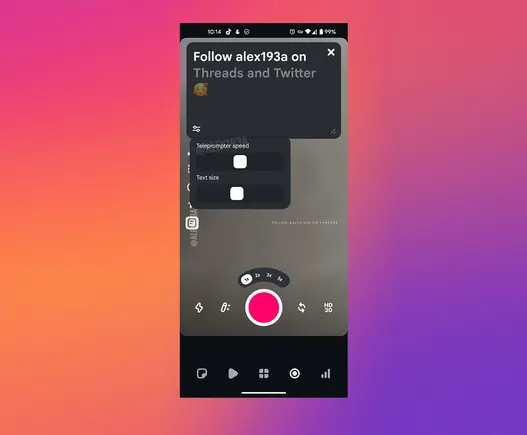Elon Musk's idea for paid Twitter verification is 'completely flawed,' EU competition chief says
Elon Musk's idea for a subscription model to pay for Twitter's sought-after blue check is "completely flawed," Europe's competition chief told CNBC Wednesday.
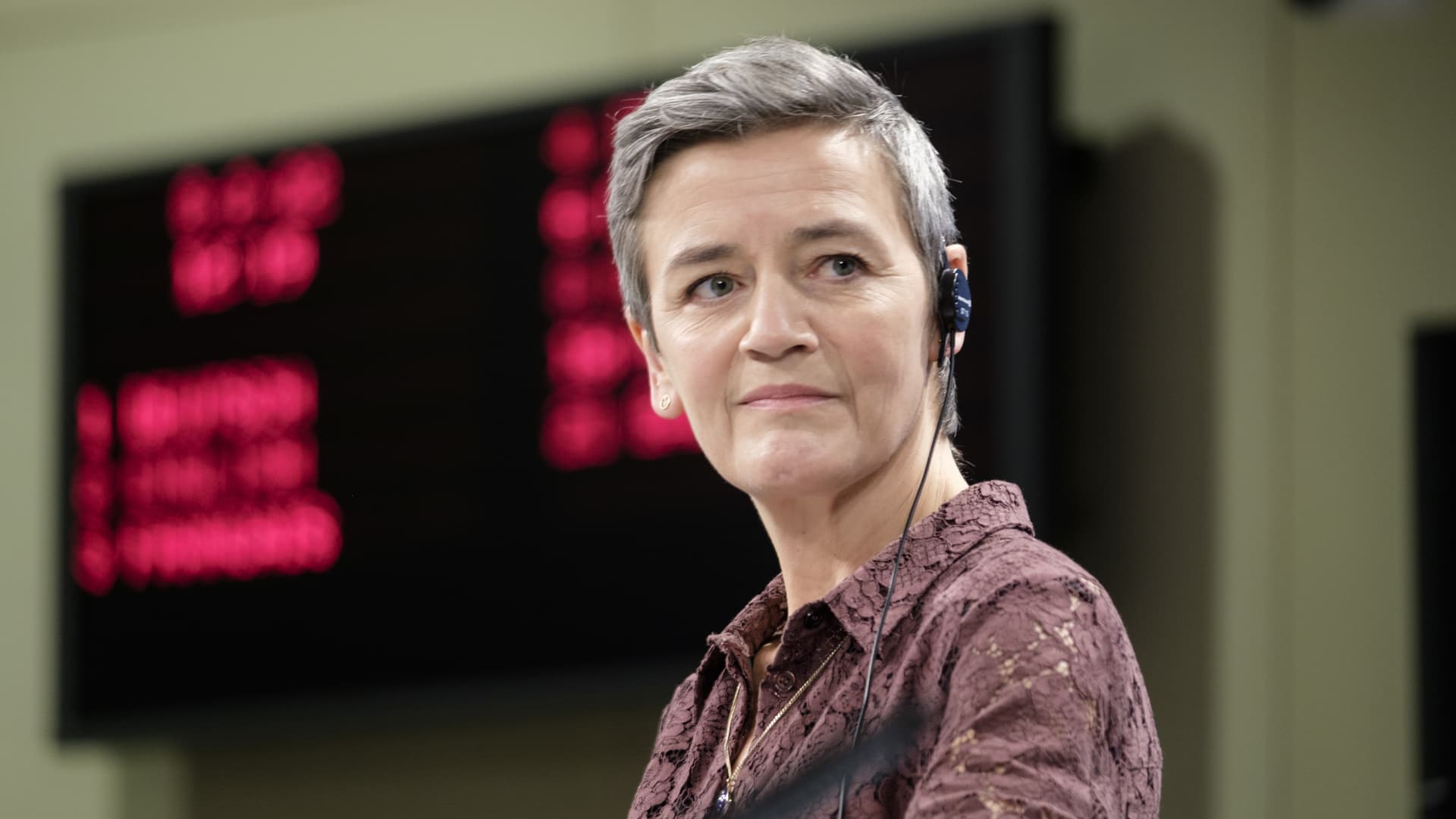
Executive Vice President for A Europe Fit for the Digital Age Margrethe Vestager spoke to CNBC in Brussels.
Thierry Monasse | Getty Images News | Getty Images
BRUSSELS — Elon Musk's idea for a subscription model to pay for Twitter's sought-after blue check is "completely flawed," Europe's competition chief told CNBC Wednesday.
"If you have imposter accounts, of course, I think your business model is fundamentally flawed," Margrethe Vestager, executive vice president of the European Commission, told CNBC at an event in Brussels, Belgium.
"If you are to pay to be vetted and to be certified as being who you are and everyone can be you ... I think that business model simply is completely flawed," she added.
Twitter recently launched its Blue subscription service, whereby users paying $7.99/month would obtain the social media platform's coveted blue check — a tool previously used to verify the identity of politicians, journalists and other public figures.
New Twitter CEO and sole director Elon Musk said Tuesday that the service would be relaunched on Nov. 29. It follows a pause on the feature after a wave of users began impersonating verified accounts.
Vestager, herself, said she remembers when she obtained the blue check mark. "I don't think I have impressed my daughters so much ever since." However, she recognized that "it remains to be seen" how useful the tool will be in the future.
"We need to see how this develops before any decisions are taken," Vestager said at the European Business Summit.
A spokesperson for Twitter was not immediately available to comment when contacted by CNBC.
'We are never on a collision course'
Several European officials have warned Musk about the need to comply with European rules. The EU has reinforced its laws in recent years to tackle disinformation and protect users' privacy.
As a result, one of its biggest achievements has been the Digital Services Act, or DSA, which entered into force as of Wednesday and instructs Big Tech on how to keep users safe online.
Vestager said the revised rulebook makes her more comfortable in monitoring developments across Big Tech, including Musk's changes at Twitter, but she denied that her team is on a collision course with the firm's chief executive.
"We are never on a collision course with anyone because we consider ourselves a mountain," Vestager said.
"I think it's very important that people trust the services that are being delivered. I myself very much appreciated the things that Twitter was doing," Vestager said, citing features on the platform that suggested users read a news article before they share it and directing users to official information on Covid vaccines.
"All of these things [make] Twitter a much more trustworthy social platform. And I think it's very sad to see that the people who ventured these innovations, that they seem to have no say," she added.

 FrankLin
FrankLin 









